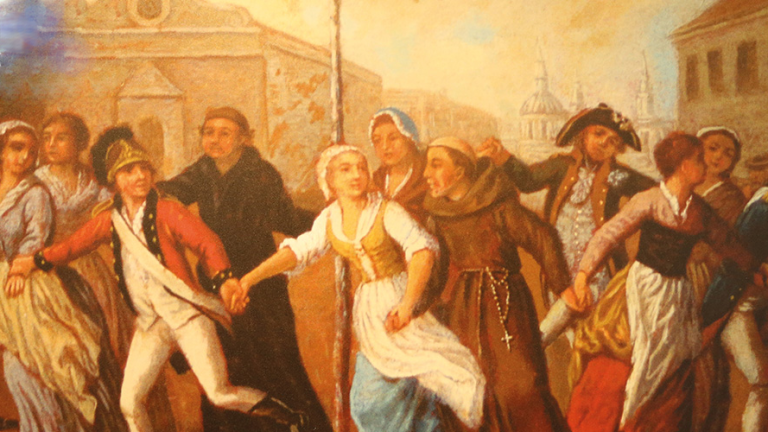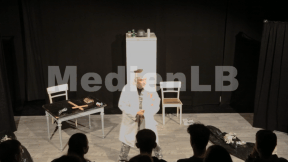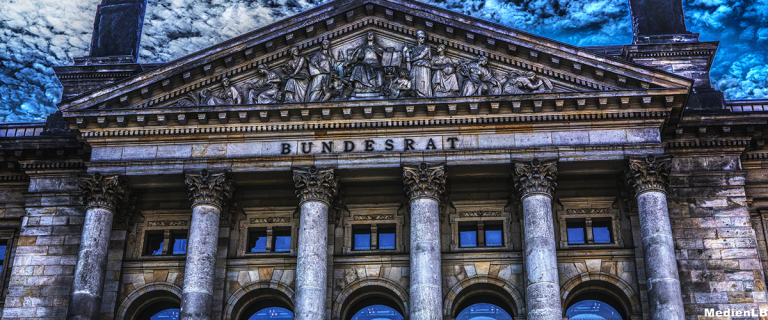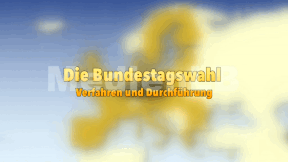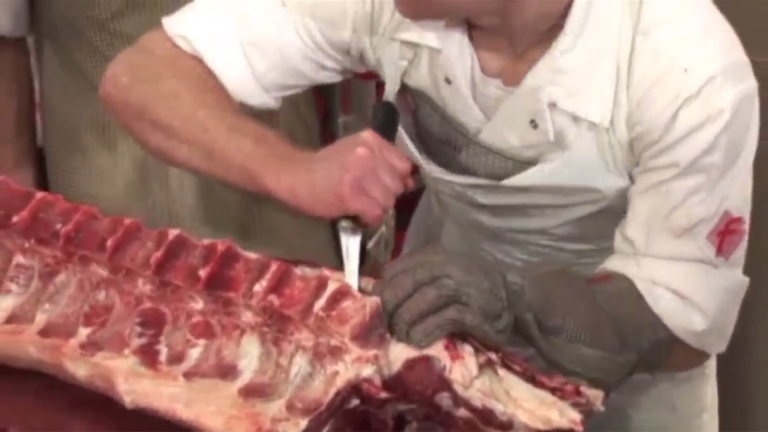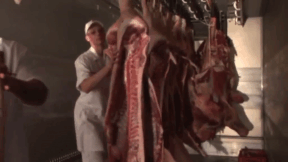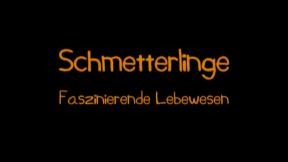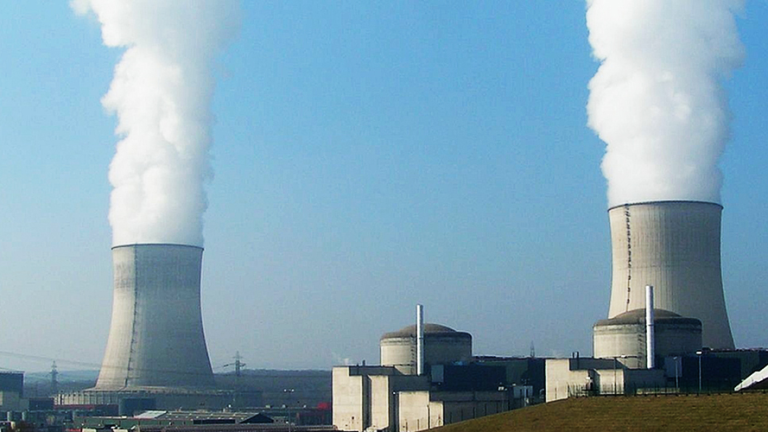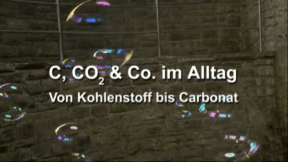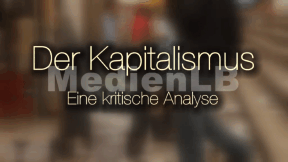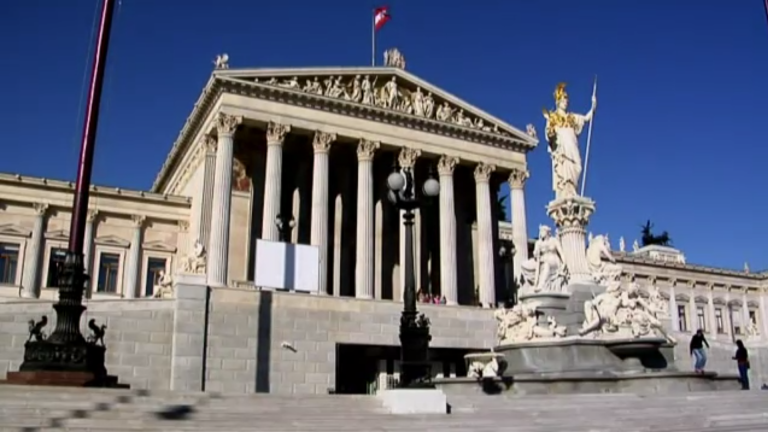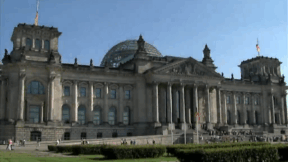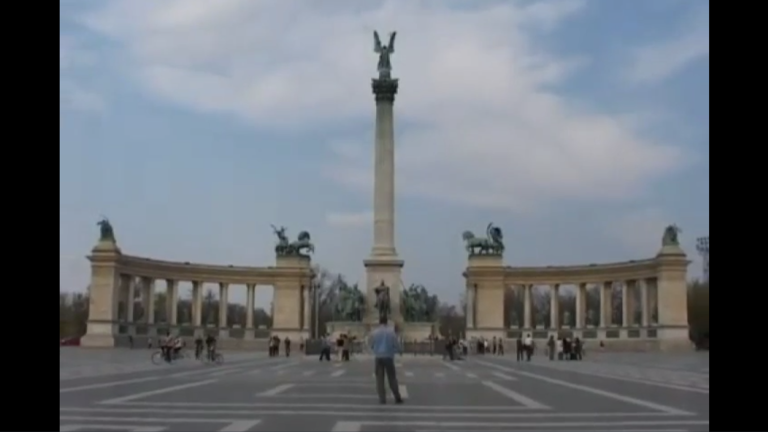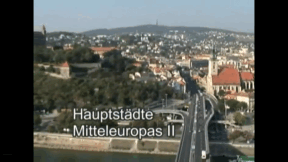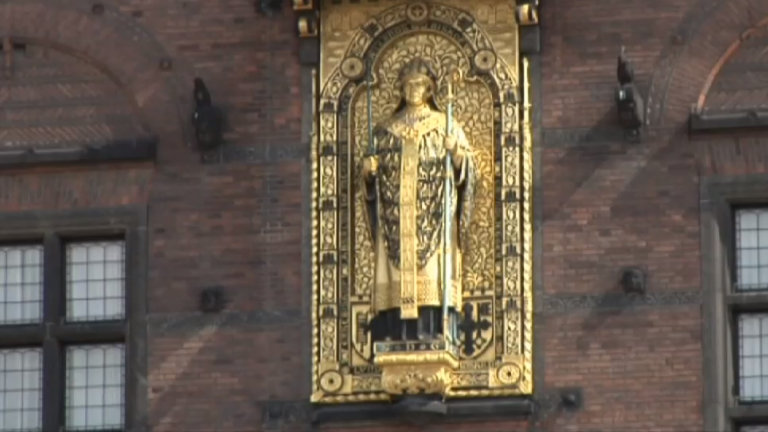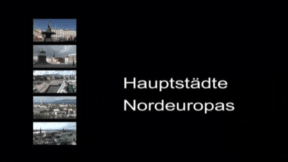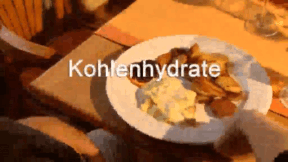Suche:
- # Artistry
- # Biology
- # Chemistry
- # Ecological
- # Economy
- # English
- # Foreign Language
- # Geography
- # German
- # Health
- # History
- # Informatik
- # Latin
- # Mathematics
- # Media Education
- # Music
- # Physics
- # Politics / Civics
- # Preschool
- # Primary School
- # Religion
- # Society
- # Sports
- # Technology
- # Training of Teachers
- # Vocational Education
Büchners Woyzeck
Georg Büchner (1813-1837) starb, noch bevor er sein soziales Drama „Woyzeck“ vollenden konnte. Aus Fragmenten zusammengesetzt, wird das Werk bis heute neu inszeniert. Büchner war nicht nur Revolutionär und Schriftsteller, sondern auch Mediziner. Und so verbindet er in der Geschichte des „Woyzeck“ die politische und soziale Situation seiner Zeit.
Learn moreBundestag and Bundesrat
“I think politicians should by all means be responsible for the representation of interests, they should, so to speak, represent the people and make possible what the people wants in order to provide the greatest possible wealth and satisfaction in society. That should be their goal.“
Learn moreBundestag Elections
There is no democracy without regular elections. Elections are the citizen’s most important means of actively shaping the politics of his or her state and are one of the basic requirements of modern democracy apart from freedom of speech, of assembly, of association, and of the press.In Germany there are political elections in cities and communities, in the federal states to the Bundestag and to the European parliament. All of them have democratic election principles.
Learn moreButcher
Food is the basis of human life. Its diversity and quality are decisive for our health and well-being, thus also providing the basis for a good quality of life. It is a positive challenge to take on that kind of responsibility by choosing a career in this sector. A butcher’s job is such a challenge, not only with respect to the handling of the food itself but also with respect to the contact with customers. Butchers don’t just sell their products but also give advice to their customers and, in addition, the contact to business partners and public authorities is of considerable importance. Hence, this job is extremely versatile and never boring. Some on-the-job training in an internship provides the opportunity to get to know this profession better and to find out whether you are suitable for the job and whether you feel comfortable with your choice. It is important that a job opens up good career prospects for young people, thus building a bridge to an economically secure future.
Learn moreButterflies
Butterflies fascinate adults just as much as children. The colourful insects are beautiful to look at and herald the summer. We get to know the characteristics of their structure as well as similarities and differences of the various butterflies. Spectacular footage of the Hummingbird Hawk-moth show the development of a butterfly from egg deposition to caterpillar stage to pupation and hatching. During the development from egg to butterfly lots of enemies are lurking. We see various defensive measures and protection mechanisms of caterpillars and butterflies. We watch how the cheeky Death’s-head Hawk-moth walks straight into a beehive and sucks the honeycombs empty. With pictures that they can hardly discover themselves in wild nature the children are offered fascinating insights into the world of butterflies. The accompanying material provides a wealth of ideas for practical implementation in the elementary sector, such as handicraft suggestions, working with natural materials, recipes, suggestions for dances and performances as well as pictures for colouring, song texts and much more. Thus this DVD is a medium that should not be missing in any educational institution.
Learn moreC, CO2 and Associates in Everyday Life
All organic matter contains carbon. Coal is deposited in the Earth's interior. It developed about 300 million years ago from plants in a geological period which is also called Carboniferous. During the combustion of organic matter, carbon turns into the gas carbon dioxide. Dissolved in water, it becomes the so-called carbonic acid. Carbon dioxide is an incombustible, colourless and odourless gas that is easily dissolved in water. With various metal oxides or hydroxides it forms two types of salts: the carbonates and the hydrogen carbonates. As calcium carbonate it is contained in natural products such as chalk and egg shells. Specific forms of carbon, called modifications, are graphite and also the particularly valuable diamond.
Learn moreCamp für Brandopfer
Wie gehen Menschen damit um, wenn sie, beispielsweise durch einen schweren Unfall, große und sichtbare Narben im Gesicht und am Körper davongetragen haben? Was tun, wenn das alte Leben schlagartig vorbei ist? Wenn viele Menschen gar nichts mehr mit einem zu tun haben wollen?
Learn moreCapitalism
Capitalism is a global economic and social order, in which the means of production such as, for instance, buildings, farmland or technical facilities are in private ownership, and the control of economic activities is effected by the market.
Learn moreCapitals of Central Europe I
This DVD presents the German-speaking capitals of Central Europe, Berlin, Bern, Vaduz and Vienna. By way of introduction, the pupils learn about the natural and climatic boundaries of the Central European region and which countries it encompasses. Based on this, the film first focuses on the topographic situation of the respective capital of the countries of Germany, Switzerland, Austria and Liechtenstein, and the history of the cities’ foundation is briefly outlined. To illustrate their function as capitals, the government buildings in Berlin, Bern, Vaduz and Vienna are described but the DVD also goes into the respective infrastructural and economic particularities. Impressive pictures and the accompanying material give a lasting account of the growth of the metropolis of Vienna thanks to its favourable geographic situation at the Danube trade route and the Habsburg dynasty. The traces of Berlin’s division into West Berlin and East Berlin are documented, Bern is shown in its special role as federal capital of Switzerland and capital of the canton of Bern, and Vaduz is introduced as small capital of international repute as a financial centre.
Learn moreCapitals of Central Europe II
This DVD presents the capitals of eastern Central Europe, Bratislava, Budapest, Prague and Warsaw. By way of intro- duction, the pupils learn about the natural and climatic bound- aries of the Central European region and which countries it encompasses. Based on this, the film first focuses on the topographic situation of the respective capital of the countries of Slovakia, Hungary, the Czech Republic and Poland and the development of the cities is briefly outlined. Imposing buildings, historical monuments, architectural characteristics, magnificent operas and theatres, but also multi-cultural life in the streets and living traditions are witnesses to the rich cul- ture and artistic atmosphere of these capitals in the heart of Europe. Impressive pictures capture the uniqueness of each one of the capitals and illustrate their characters. Here, the respective geographic location of the capitals is linked to the history of their foundation. The pupils can follow the respective city development, learn about important sights, may compare the economic power and the infrastructures of the cities and will, step by step, obtain a complete picture of the diversity of the unified Europe.
Learn moreCapitals of Northern Europe
This DVD presents the five capitals of Northern Europe: Helsinki, Copenhagen, Oslo, Reykjavik and Stockholm. The pupils learn about the topographic situation of the capitals in Europe and in their respective country. The history of the cities and their development are outlined, as well as their particularities. This encompasses imposing buildings, famous sights, historical monuments, architectural characteristics and also the cultural life. The pupils are informed on the economic relevance of the capitals within the respective country as well as about their infrastructure and traffic and transport connec- tions to other countries. Impressive pictures capture the uniqueness of each one of the capitals and illustrate their characters. The facts of the film are complemented by extensive accompanying materi- al, which deepens the pupil’s understanding. Here, not only those aspects of the cities already mentioned are discussed but also the topographic, climatic and political mapping of their respective countries (Finland, Denmark, Norway, Iceland and Sweden). The pupils learn to assign the capitals to their respective countries and to characterise them as well as to compare and assess them.
Learn moreCarbohydrates
The term carbohydrate or saccharide is a collective name for all substances with the chemical formula Cn(H2O)n. Carbohydrates are the basis of nutrition. They are part of our diet as starch, glucose (grape sugar), fructose (fruit sugar), lactose (milk sugar) and saccharose (beet, cane or table sugar). Important suppliers of carbohydrates are potatoes and cereals such as rice, wheat, maize, millet, rye and oats. The various carbohydrates in our foods are introduced to the pupils. The characteristics of polysaccharides, disaccharides and monosaccharides are explained to them and in which foods these substances occur and how they are structured. In addition, the different origins of starch, starch degradation products, gelling agents as well as sugar alcohols in confectionery are dealt with. The DVD shows how various substances can be detected with the help of chemical processes. Together with the extensive accompanying material the DVD is ideally suited for use in the classroom.
Learn more



